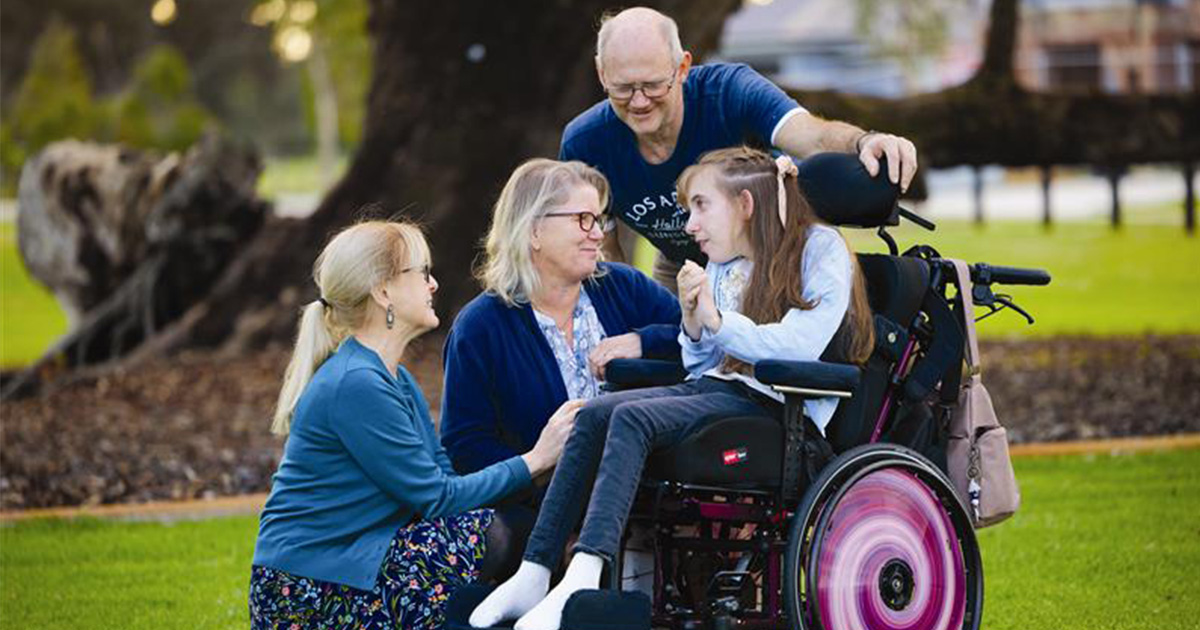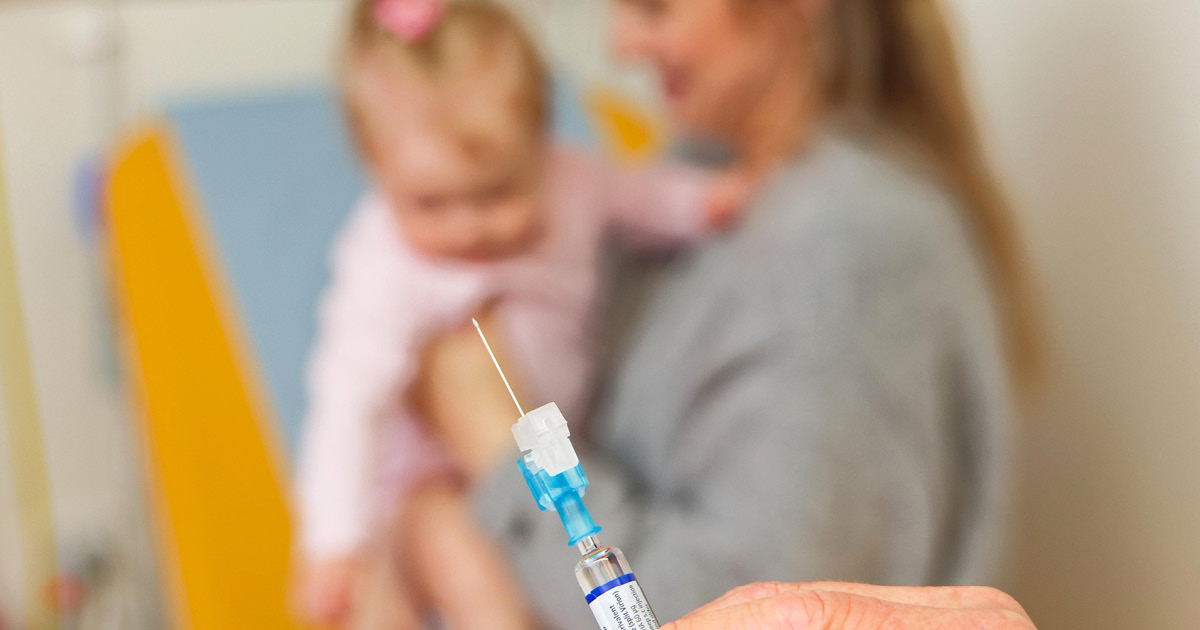Search
Showing results for "1"
Research
Rheumatic Fever Follow-Up Study (RhFFUS) protocol: A cohort study investigating the significance of minorIn Australia, rheumatic heart disease (RHD) is almost exclusively restricted to Aboriginal Australian and Torres Strait Islander people with children being...
Research
The future of acute rheumatic fever and rheumatic heart disease in AustraliaGlobally, ARF and RHD cause more than a quarter of a million deaths and substantial disability each year.
Research
Social gradients in the health of indigenous australiansWe begin to bridge this knowledge gap by assessing evidence on social gradients in indigenous health in Australia.
Research
Pre-natal, clonal origin of t(1;11)(p32;q23) acute lymphoblastic leukemia in monozygotic twinsInvestigation of this rare mixed lineage leukemia cytogenetic abnormality aims to provide further evidence of the genetic changes that underpin this leukemia.
Research
Sugar sweetened beverage consumption by Australian children: Implications for public health strategyHigh consumption of sugar sweetened beverages (SSBs) has been linked to unhealthy weight gain and nutrition related chronic disease.
Research
Interactions between acute lymphoblastic leukemia and bone marrow stromal cells influence response to therapyThe cure rate for pediatric patients with B precursor acute lymphoblastic leukemia (pre-B ALL) is steadily improving, however relapses do occur despite...
Research
The relationship between MECP2 mutation type and health status and service use trajectories over time in a Rett syndrome populationThis study aimed to investigate the trajectories over time of health status and health service use in Rett syndrome by mutation...

The Kids researchers are working with Perth Children’s Hospital and other experts across the country to get ahead of a sneaky virus few mums or even health professionals have heard of.

Affecting approximately 400 people in Australia, Rett syndrome is a rare neurological disorder that occurs almost exclusively in girls and affects mobility and development, impacting everything from walking and talking to eating and breathing.

As a leading research site in Australia, the Wesfarmers Centre of Vaccines and Infectious Diseases played an instrumental role in the global effort to develop a world-first RSV immunisation for young babies.
